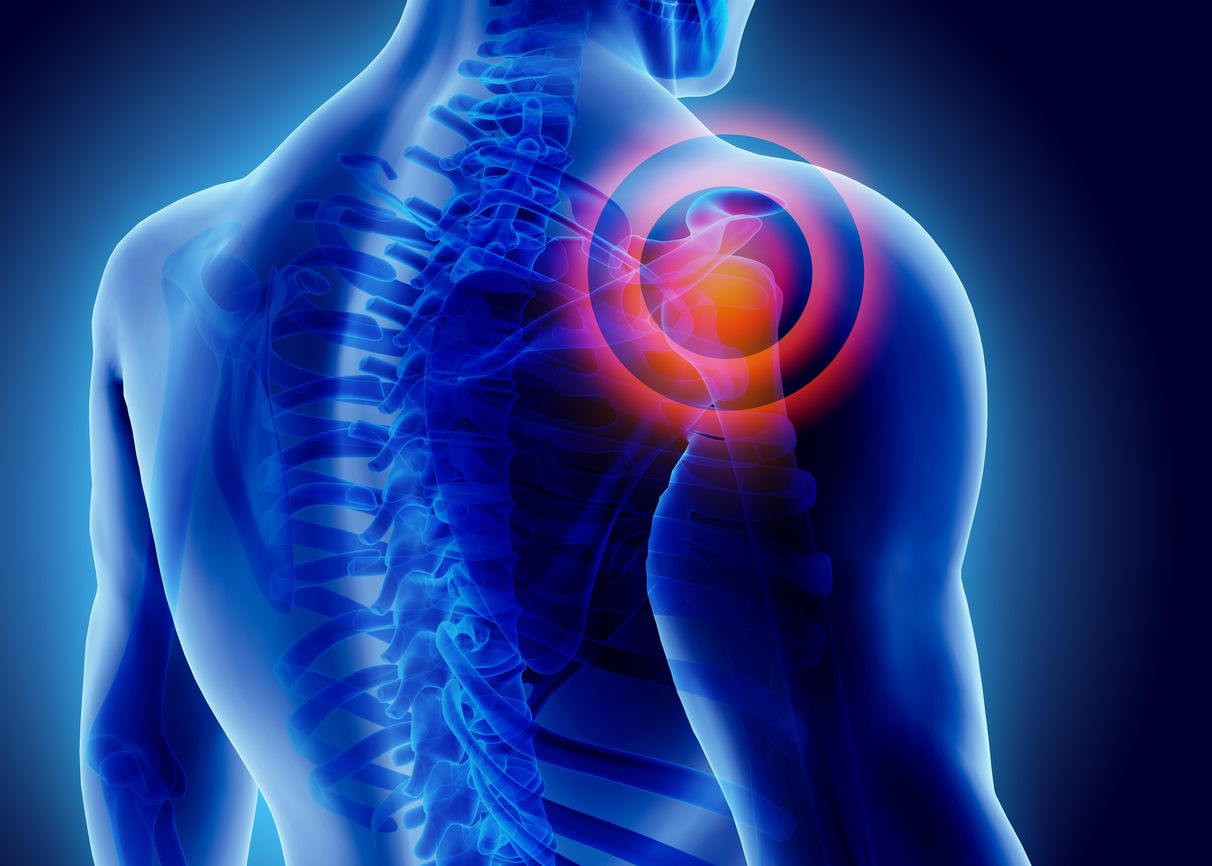The World Health Organization (WHO) has identified dementia as a critical global health challenge, second only to the Covid-19 pandemic. Despite the urgency, a mere 25% of countries have implemented national policies to support individuals with dementia and their caregivers.

Alzheimer’s: The First Discovery
Dementia’s history dates back to 1906 when German physician Alois Alzheimer observed significant brain shrinkage and nerve cell abnormalities in an amnesiac patient, marking the first recorded case of the disease.
The Spectrum of Dementia Symptoms
Dementia manifests as a range of symptoms, predominantly memory loss, with patients struggling to recall recent events more so than those from the distant past. Neurologist Dr. Sehli Jahan emphasizes that dementia, primarily affecting the elderly, often presents with forgetfulness and difficulty in performing daily tasks.
The Various Faces of Dementia
Dementia is not a one-size-fits-all condition; it encompasses various forms, including Alzheimer’s, vascular dementia, Lewy body dementia, frontotemporal dementia, and Parkinsonian dementia, each with its unique set of challenges.
The Science Behind Forgetfulness
At the core of dementia is the hippocampus, the brain’s memory gateway. Dr. Jahan explains that dementia leads to the deterioration of this crucial region, disrupting the organization and retrieval of memories, particularly recent ones.
The Role of Amyloid Beta Protein in Alzheimer’s
Current research links the accumulation of amyloid beta protein to Alzheimer’s disease, suggesting that targeting this protein could be key to preserving brain cell health and function.
With over 55 million people affected worldwide—a number projected to triple by 2050—dementia remains a significant concern. While age is a known risk factor, hereditary predisposition, strokes, infections, hormonal imbalances, and nutritional deficiencies also contribute to its development. The global community faces the challenge of increasing awareness, improving care, and advancing research to combat this growing health crisis.
